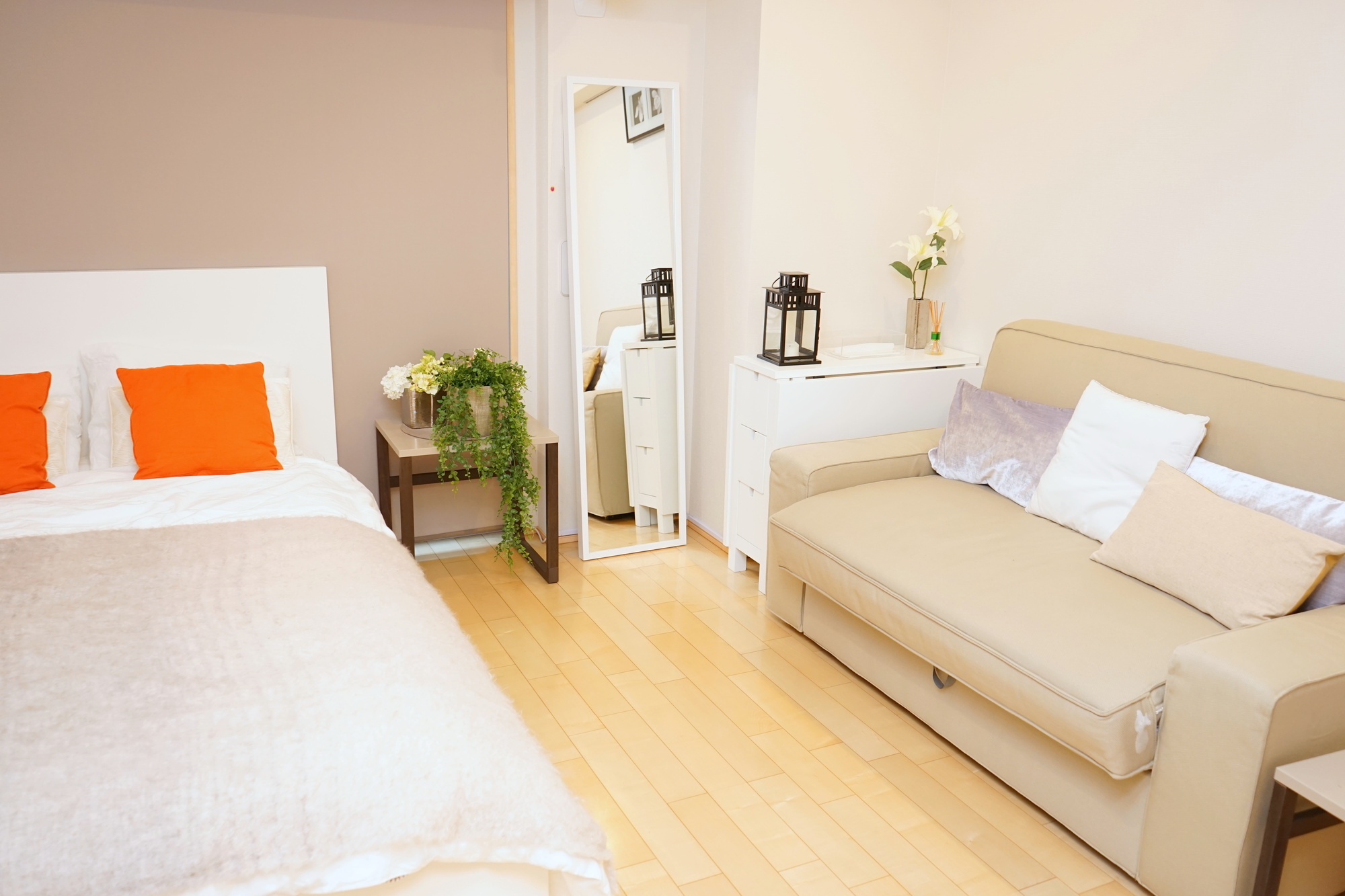How to Limit Risks and Liabilities in Your Airbnb Business

Here are some prudent methods and strategies that will help you limit your risks and liabilities in your Airbnb business.
Around 150 million people use Airbnb. This online marketplace has absolutely exploded in recent years and shows no signs in slowing down. Not only does it provide affordable lodging for travelers but it also offers up unprecedented financial opportunities for homeowners.
Those who run an Airbnb business though need to make sure that they limit their risks and liabilities. It's not always easy to let a stranger stay in a residence that you own, and there are clearly many things that can go wrong.
After reading the following article, you'll be able to rest easy knowing that you've minimized many of the potential risks to your property.
Your Liabilities
Before we go into how to mitigate your liabilities, let's first go over some things that you could be liable for. Perhaps the biggest risk you take on as an Airbnb host is the possibility that a guest will get injured in your home.
If a guest is injured on your property, they can take you to court. Even if the case is baseless, it can still be time-consuming and costly.
Another liability is agreement violations. Just because you live on a property doesn't necessarily mean you're allowed to rent it out or host other people. People who lease or who belong to a homeowner's association should check with their agreements before they start renting out their living spaces.
You also might have to collect taxes on the rooms you rent out depending on where you live and how much you charge.
How to Mitigate Risk
While you can't avoid taking on risks completely when you rent out your property, you can certainly minimize that risk. Let's look at some of the best ways to do that below.
Get the Right Insurance
One of the best ways to reduce the chances of something going horribly wrong is to get the right insurance. When you list your property on Airbnb's website, insurance carriers then consider you to be a business. This is whether you rent your place out once a year or 100 times a year.
Because renting out your property is considered to be a business activity, you will need to have commercial insurance. This will protect you from certain problems that can occur on your property.
Airbnb provides each host with a $1 million insurance policy in order to cover property damage. However, it can be quite frustrating to actually get Airbnb to pay out the coverage. There are a lot of hoops that a host needs to jump through first.
When a host wants to make a claim, Airbnb first requires that they take photos of the damage, provide original receipts for anything that was damaged, and also provide replacement or repair estimates. And all of this has to be done at least 14 days before the next guest can check-in.
Install Carbon Monoxide and Smoke Detectors
You should install safety equipment such as carbon monoxide smoke detectors around the home so that you can protect your guests as well as your property. It's also a good idea to clearly label any and all emergency exits.
No Parties Allowed
Give a full and detailed description of your property and make sure to set ground rules. Don't simply accept automatic reservations through Airbnb. Instead, guests should have to request to stay at your residence.
This will give you the opportunity to check out the guest's profile and not accept people who have bad reviews or seem to do a lot of partying. Make sure that there's plenty of open and clear communication between you and your guest.
You can also discourage any kind of rowdiness by banning smoking on the property and trying to make it family-friendly. It's also a good idea to require a hefty security deposit. This will certainly have your guests think twice before they engage in any raucous behavior.
Look for Red Flags
If you have a bad feeling about a certain guest, don't accept them. One red flag to watch out for is if a guest books your Airbnb last minute and they also happen to live in the same town as the property.
Change Your Locks
Some people don't like the idea of leaving their physical keys with strangers since most of these keys can be easily copied. Instead, a good idea is to get electric locks and make a new combination each time you have a new guest.
Secure and Protect
When you let strangers sleep in your home, there's always the chance that something valuable could end up stolen or broken. A good way to avoid this problem is by keeping your items in a safety deposit box. An even better solution would be to store the valuables somewhere off the property.
Your physical valuables aren't the only things that you want to keep safe from nefarious guests. Identify theft is a major concern as well. Make sure that anyone who stays in your home can't get access to any kind of files (digital or physical) that contain personal and sensitive information.
The Importance of Knowing How to Limit Risks and Liabilities in Your Airbnb Business
Running your own Airbnb business can be a great way to grow your wealth and meet some new people along the way. But unless you practice proper risk mitigation methods, you're setting yourself for potential legal and financial problems.
Hopefully, after reading the above article, you feel more confident about hosting guests in your Airbnb property.
Looking for more guidance when it comes to managing your short term rental? Contact us today and see how we can help you!


